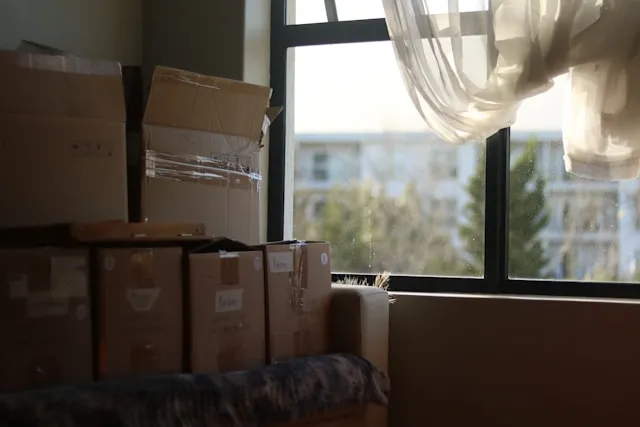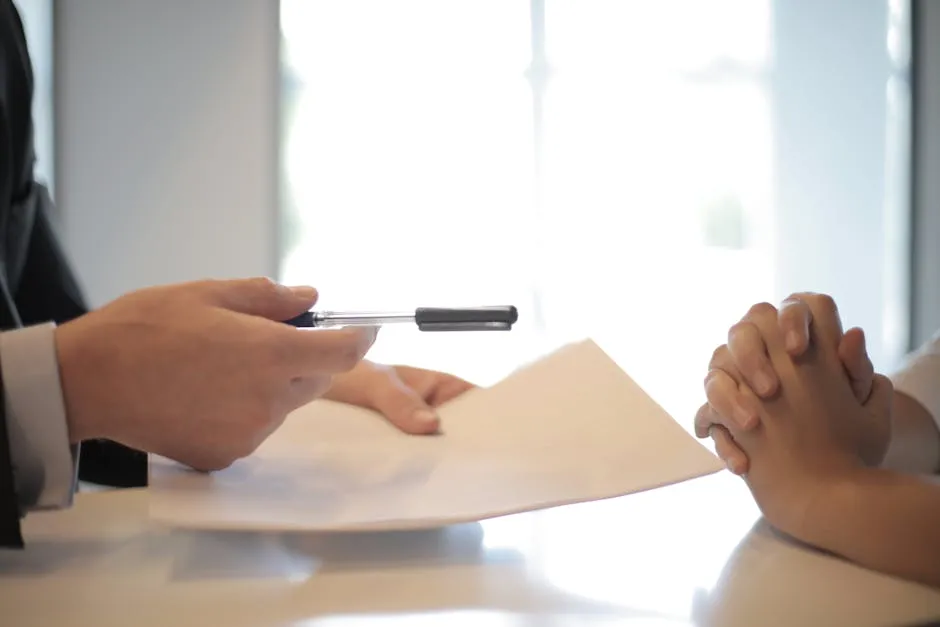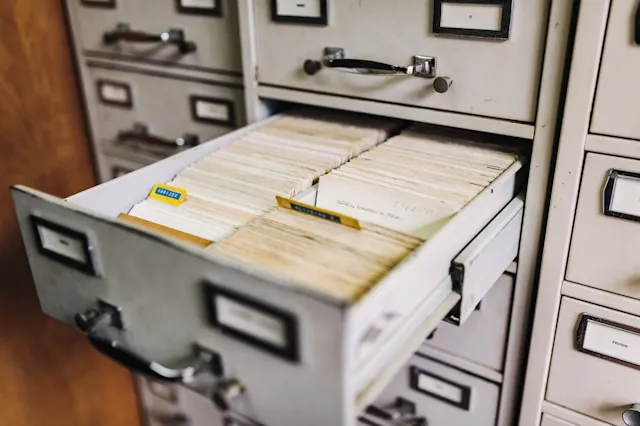Taking financial risks

Retirement is not the time to be making risky investments as you want to ensure that your finances can adequately cover your needs. While small risks are reasonable, avoid getting involved in any volatile schemes where you could lose a lot of money. If you land yourself in debt, your whole retirement will be derailed.
Failing to prepare for the future

Don’t rely on going with the flow in retirement! You should have a basic plan when you retire, otherwise you risk running out of money and resources. Prioritize your wellbeing by organizing a basic budget and take time to sort out the fine details of your pension plan.
Keeping multiple cars

Do you really need two or more cars in the household now that you’re no longer working? Consider whether you use your cars enough to justify paying twice the cost of insurance, gas, and maintenance. If you could get by with one vehicle, the extra money can go in your pocket instead.
Paying for a storage unit

When you reach retirement, you finally have time to evaluate exactly what’s lurking in your storage unit! Consider whether it’s worth paying money to store whatever is in there each month. Chances are, if you don’t use these items regularly, then you don’t need them.
Underestimating your life expectancy

Interestingly, many people underestimate their life expectancy and therefore fail to plan for retirement accordingly. Try to avoid cashing out too much of your pension too early. If you live into your nineties, for example, this could mean that you won’t have sufficient funds later in life!
Falling victim to scams

Technology continues to evolve and, with that, comes increasingly complex scams. Quit taking everything at face value and think twice before releasing your private details to potential fraudsters. Many scammers target pensioners by offering “deals” that sound too good to be true. Others feign a fake emergency that require you to send them money.
Hanging onto your kids’ old stuff

Retirement is an excellent time declutter and get ready for the next chapter of your life. This might prove difficult if you’re still hanging on to your children’s toys, prom gowns, schoolwork, and so on. Keep only the items that are special to you and ask your kids if they want to collect the rest.
Avoiding difficult conversations

Retirement tends to bring up awkward, unavoidable topics such as death and money, but it’s best to confront these head on instead avoiding them. If you don’t already have a will, for example, now is a great time to organize one. Being open about your finances could also help you to prevent issues later down the line.
Keeping obsolete media and technology

Those old VHS movies might bring back fond memories, but there’s no point in keeping a huge collection. Look into getting special tapes digitized. Quit hanging onto hefty CD and DVD collections too – switch to a streaming service or peruse your local library instead.
Paying into life insurance plans that are no longer suitable

Many people take out life insurance plans long before they reach retirement age, meaning that the terms may no longer be suitable years down the line. Rather than paying for insurance every month, it’s worth talking to a financial planner (rather than an insurance salesperson) to explore your best options.
Holding onto outdated documents and files

Do you have a filing cabinet stuffed full of paper? Chances are that you don’t need over half of it. Decades-old bank statements and payslips can go for starters. You could also consider receiving electronic invoices going forward – this will reduce your carbon footprint. Just remember that some paper documents are important to keep. Hang onto property deeds and your birth certificate, for example.
Paying for multiple subscriptions that you don’t use
Retirement is a time when many people want to save money. You should therefore consider ditching any subscriptions that you barely use. This could include magazine subscriptions that pile up, monthly beauty boxes, or multiple streaming services. Keep the ones you use the most and quit the rest.
Giving lavish gifts

It’s always heart-warming to watch your loved ones open beautiful gifts on special occasions, but it’s important that you don’t slide into debt to do so! It’s the thought that counts, after all. Your family and friends will be sure to understand that you’re on a tighter budget now.
Failing to exercise your mind

Keeping physically active in retirement is important, but it’s a great idea to keep your mind active as well. Continuing to exercise your brain will help you to stay independent as you age. It’s a great time to start learning a new language or play a new instrument, for example. Even crossword puzzles will do the trick.
Immediately relocating

Relocating in retirement isn’t a bad idea, but don’t rush into it immediately just because you think that’s what you should be doing. It’s not something to be taken lightly! Consider your reasons for moving, property costs, and the local community, for instance. You don’t want to upend your life only to regret the decision.
Keeping workwear and office clothes

Quit storing your dusty workwear and office clothing – you don’t need them anymore! Unless you plan to work a part-time job, there’s no reason for these clothes to take up space in your closet. Try donating or re-selling good quality items so that they can go to a better home.
Overspending on items you don’t need

Overspending is a classic habit to quit once you reach retirement age. For instance, you might always grab a fancy takeaway coffee every time you go shopping but consider whether you’re doing this out of habit or desire. Small costs add up over time – don’t overspend on things that hold little value.
Neglecting your health

Your health is more important than ever when you reach retirement. Prioritize eating a healthy diet, take on gentle exercise, and reduce stress levels. This will help you to minimize long term health risks and prevent injury. Otherwise, you could end up facing hefty medical expenses.
Wasting time on the wrong things

Time is precious in retirement, and you deserve to spend it doing the things you love. While your former years probably involved a lot of hard work, long hours, and networking, you now finally have the freedom to prioritize all the right things. Nurture relationships with those you love most and spend time focusing on personal interests.
Resisting change

Retirement is a huge life change to say the least. But it’s best to take it in your stride rather than burying your head in the sand. Quit viewing retirement as a definitive ending and think about how it can open new doors for you. For example, you now have much more flexibility to follow your hobbies, volunteer, or even take on a new part-time job.

